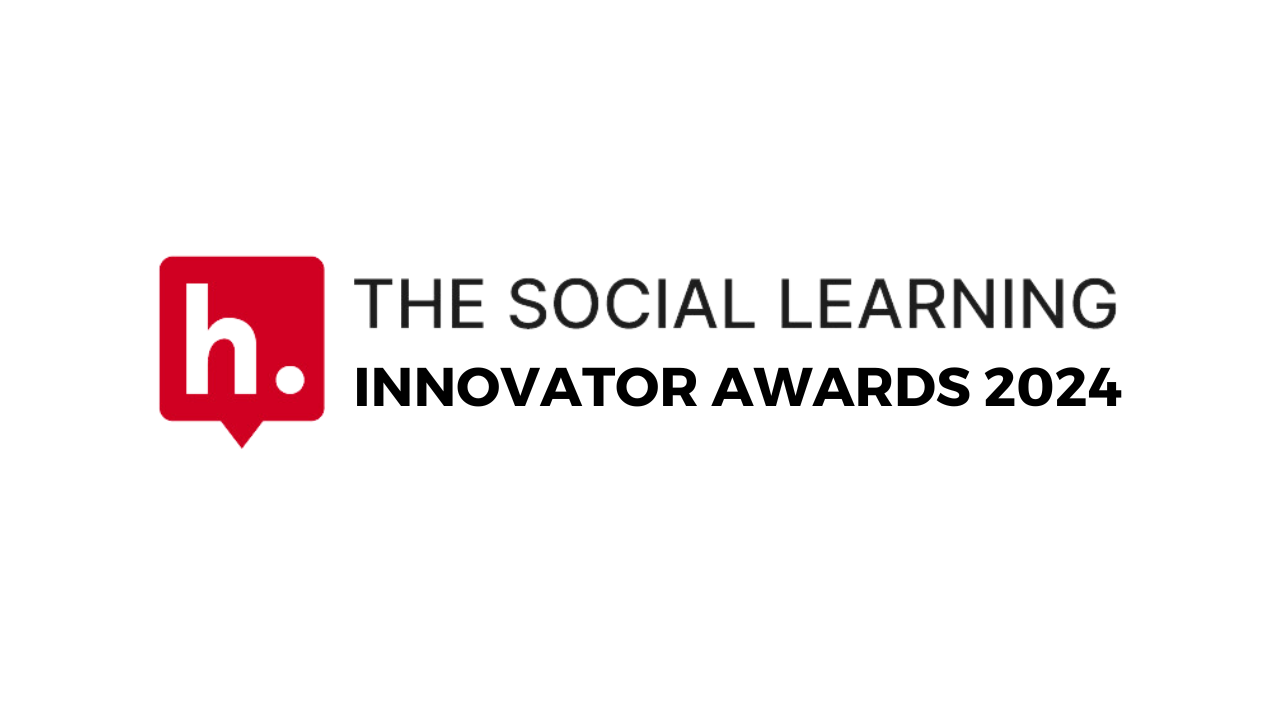
The Social Learning Innovator Awards 2024
Recognizing Excellence in Social Annotation
Hypothesis is proud to introduce the 2024 Social Learning Innovator Awards, a celebration of the educators and institutions leading the way in transforming education through social annotation. These awards shine a spotlight on the innovative use of Hypothesis to create dynamic, interactive, and inclusive learning environments that inspire student engagement and collaboration.
By honoring those who push the boundaries of traditional education, we aim to highlight the transformative impact of social learning on enhancing comprehension, fostering deeper connections with course material, and driving academic success. Join us in recognizing the visionaries shaping the future of learning!
Award Winners
- Humanities and Arts – Brandon Marshall, Contra Costa College
- STEM – Melanie Lenahan, Raritan Valley Community College
- Writing – Chip Gladson, Montgomery College, Maryland
- Health Sciences – Rachel Derr, Rutgers University – Camden
- Business – Dr. Larry C. Giunipero, Florida State University
- Social Sciences – Lyra Stein, Rutgers University – New Jersey
- Institutional – Sarah Riforgiate and Amy Mangrich, UW-Milwaukee
- Administrators – Dr. Ashley Love, University of Incarnate Word
- Pedagogy – Caroline T. Schroeder, University of Oklahoma
- OER – Diana Fordham, MSSU
- Student Impact – Amanda Mireles, University of California, Merced
- A.I. – Eric Conrad, CSU – Stanislaus
Hear Directly from the Award Winners on how they incorporate Social Learning
Join us for a webinar to learn how each winner has harnessed the power of social learning in their classroom!
Webinar details are below:
- Date: Thursday, October 17th
- Time: 1:00pm–2:00pm ET
Award Categories:
Instructors:
- Humanities and Arts: For instructors who have innovatively applied social annotation in the fields of English, literature, history, philosophy, religion, languages, music, visual arts, and other related disciplines.
- STEM: For instructors employing social annotation to foster collaborative exploration in areas such as physics, chemistry, biology, engineering, and mathematics.
- Writing: or instructors who have utilized social annotation in writing courses. This award highlights the innovative use of annotation to enhance peer review, collaborative writing, editing, and critical engagement with texts, fostering improved writing skills and deeper critical thinking among students.
- Health and Science: For instructors who have used social annotation in innovative ways to delve deep into medical cases, research articles and journals, health theories, and the broader field of medical sciences.
- Business and Economics: For instructors who’ve transformed discussions in the realms of business strategies, economic theories, and case studies using social annotation.
- Social Sciences: Recognizing instructors in areas such as sociology, psychology, anthropology, geography, and political science who have utilized social annotation to explore and discuss complex societal issues.
- OER: For programs who have utilized social annotation in innovative ways through OER materials that have helped reduce costs for students.
- Pedagogy: For a program that has implemented social learning which has enhanced engagement and pedagogical innovation.
- Student Impact: Celebrating courses or programs where social annotation has made a direct and measurable impact on student success. This award recognizes those who have used social annotation to improve engagement, retention, and comprehension, significantly affecting students’ academic performance and learning outcomes.
- AI: For instructors who have creatively incorporated AI tools with social annotation to enhance learning experiences. This category recognizes instructors leveraging AI to provide insights or enrich discussion, demonstrating the innovative potential of integrating AI with social annotation.
Administrator:
- Administrator Award: An administrator at an institution who exhibits unique and innovative ways they have implemented social annotation and gained traction at their institution.
University-Wide:
- Institution-Wide: This special category celebrates an institution that has adopted social annotation at a broader scale, demonstrating a unique and transformative approach to collaborative learning across multiple disciplines or departments.
Evaluation Criteria:
- Innovative Use: How has the instructor or institution employed Hypothesis social annotation in new, creative, or unexpected ways?
- Impact on Learning: Evidence of tangible benefits in terms of student engagement, understanding, or achievement.
- Collaborative Engagement: Demonstrated use of social annotation to foster communication, debate, and discussion among peers.
- Scalability: Ideas and methods that can be adopted or adapted by others, amplifying the impact of the innovative use.